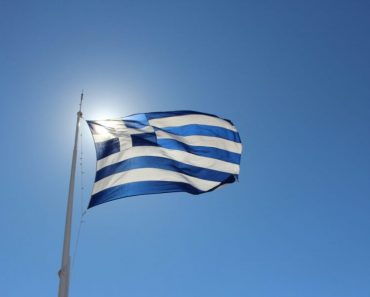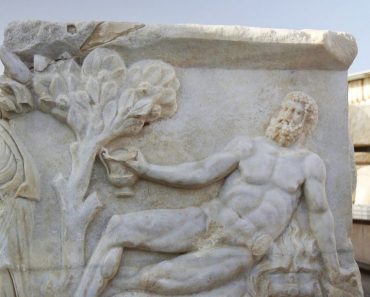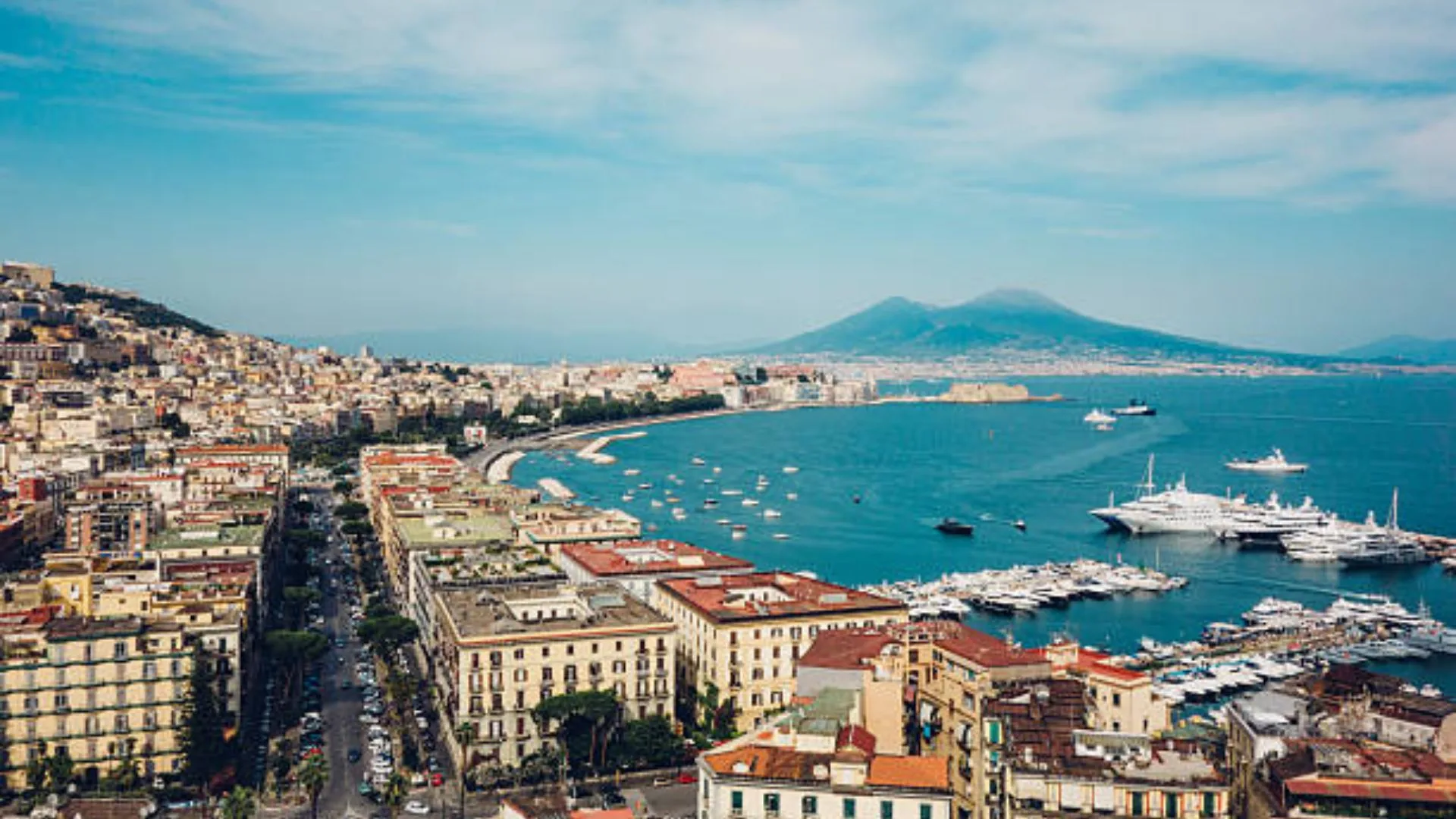As Greece grapples with rising living costs, a shrinking population, and renewed border tensions, a new political voice is emerging from the country’s Orthodox heartland: Spyridon Tsironis, a first-time MP from the socially conservative Niki (Victory) party.
Where do you see the biggest problem in Greek society? Is it an economic, social, or spiritual problem?
Undoubtedly, the biggest problem for Greek society is the high cost of living. It is easy to understand why. The cost of living is the same as in the powerful European countries, but the average salary barely exceeds €1,000. This causes enormous problems in the daily life of the average citizen, even if they earn more than the average salary.
This dramatic situation prevents Greeks from responding appropriately to other serious issues, even though security and illegal immigration are always high on the list of problems.
But you are right, the problem is both social and spiritual. On the one hand, there is a relentless daily routine that does not allow you to spend time with your children or bond with your family, and on the other hand, there is modernity—this so-called “progressivism”—whose sole aim is to deconstruct the basic cohesive elements of society: the family and, by extension, national cohesion, as well as our Orthodox faith, creating a huge spiritual void that threatens to shake our historic nation to its foundations.
But since you asked me, Spiros, what I see as the biggest problem, I will tell you that, beyond everyday trouble, it is the demographic decline. Because there is no point in discussing Greece and the Greeks when the indicators show that in 200 years from now, we will no longer exist as a nation, and Greece will be just a geographical area.
What is the situation at the borders? Are there still massive arrivals of migrants?
We have no illusions. Erdoğan has temporarily limited the exploitation of illegal immigrants because he is expecting something from the EU. And that is none other than selling weapons and getting more money.
Greece cannot do much, especially when it comes to guarding its maritime borders, as any deterrent action by the Coast Guard is considered a pushback and results in condemnation by the EU and fines. At the same time, Frontex is more interested in the rights and living conditions of illegal immigrants than in its actual role. And the worst thing is that the Central Mediterranean Corridor, from Libya to Crete, is now opening up more and more to Greece. These days, there are rapid flows of illegal immigrants, and I am very afraid that the situation will worsen again.
The truth is this: If Europe, and especially the Central European member states of the EU, do not cease to be a magnet with their generous policies and huge benefits, the Old Continent will continue to be populated until the Western world becomes a minority.
What do you think of the geopolitical weight that Erdoğan’s Turkey is acquiring? Does it pose a threat to Greece?
Erdoğan is balancing geopolitically between the West and the East, managing to strengthen Turkey’s role defensively and diplomatically. But let’s face it: Turkey is not part of the West. For us, it is a trouble-maker state. It illegally occupies one-third of Cyprus, constantly threatens Greece with war if it exercises its sovereign rights, supports Hamas terrorists and other Islamist organizations, exploits migration, literally selling “protection” to the EU in order to receive exorbitant sums of money, and undermines peace in the Balkans by supporting every subversive force within them. In other words, it does whatever it wants to us, and we say thank you.
Our country, but also the whole of Europe, needs political forces that will “pull Turkey’s ear” and force it to comply with the rules that are prerequisites for dialogue and cooperation with it. However, this is still a long way off from today.
The far left, Syriza, came to power in 2015, but fortunately it has suffered a long decline. Why?
Although this is subjective and mainly concerns leftists themselves—I can’t say that it bothers me much—I will tell you my opinion. The main reason Syriza collapsed was the so-called Prespa Agreement, which it concluded as a government with the government of Skopje, allowing it to use the term “Macedonia” in the constitutional name of the country. This was essentially the death knell for Syriza, and from then on, various factors related to the course of the economy, open borders, and the generally anti-national and internationalist tendencies of this party came into play.
You know, surveys have found that 70% of Syriza voters at the height of its glory had conservative views on faith, immigration, LGBT, and foreign policy. All these votes were borrowed, as you understand, and today they are with other parties, even the so-called far Right. They supported Syriza purely for economic reasons and because they disagreed with the memoranda imposed on Greece by the ECB and the IMF.
Niki enters the Greek parliament in the June 2023 elections with ten MPs together with two other parties of the conservative or patriotic Right: Greek Solution and Spartans. What differentiates Niki from these two parties?
Greek patriotic parties do not have major ideological differences between them. They mainly have structural and political differences, as well as differences in their rhetoric. What sets Niki apart from other parties is that it is not just a party, but a real movement with deep roots in the Greek Orthodox Christian tradition and therefore a collective endeavor, which was not born in political offices by one or two or three recognizable political figures, but through society, our churches and parishes, schools and universities, and ordinary, normal people, the people of “somewhere,” as David Goodhart would say. Unfortunately, the other patriotic parties are essentially personal affairs and, in our opinion, therefore doomed to failure. If something happens to their leader, they will essentially disintegrate.
Is there any collaboration between the parties?
From the moment it entered the Greek Parliament, Niki has maintained a courteous and receptive attitude towards the other parties, not only those on the patriotic side, but all parties. We are open to dialogue and treat our colleagues in Parliament with respect.
The problem is, as I said, that the other parties are not structurally compatible with Niki, as they are authoritarian and any discussion with them ends with phrases such as: “Join us” or “Disband and join us”! As you can understand, it is impossible to even think about cooperation or alliances, as the other parties are not in a position to engage in politics at a collective level. I hope this will change in the future, although Greek political history has shown that cooperation is almost impossible in this broader arena.







